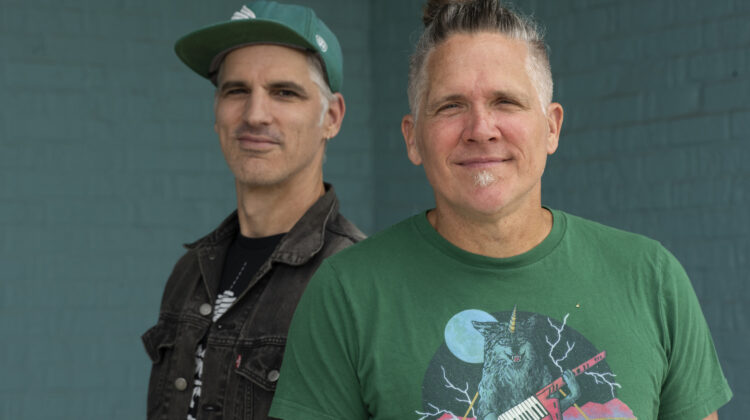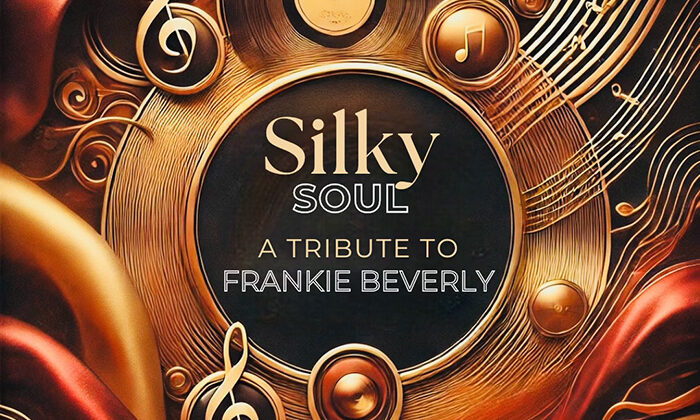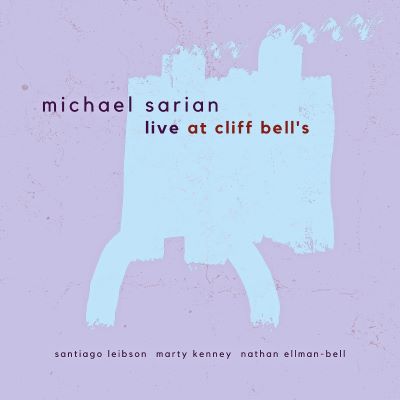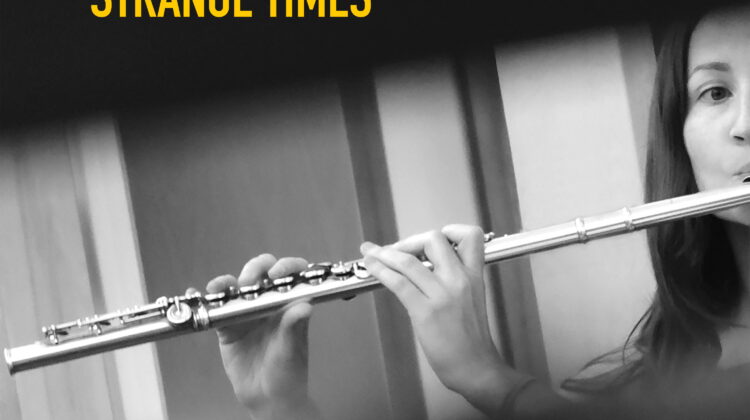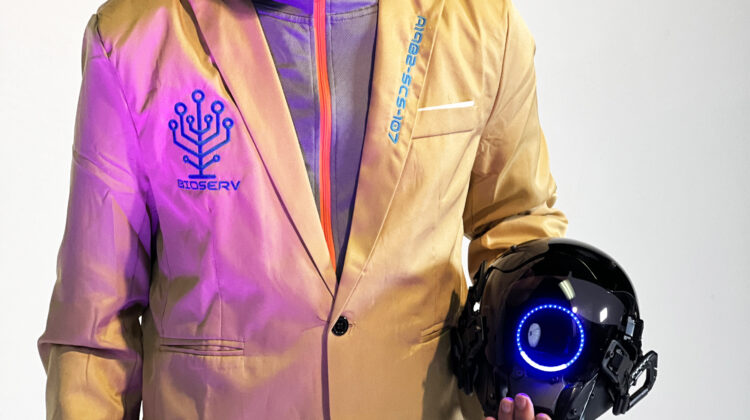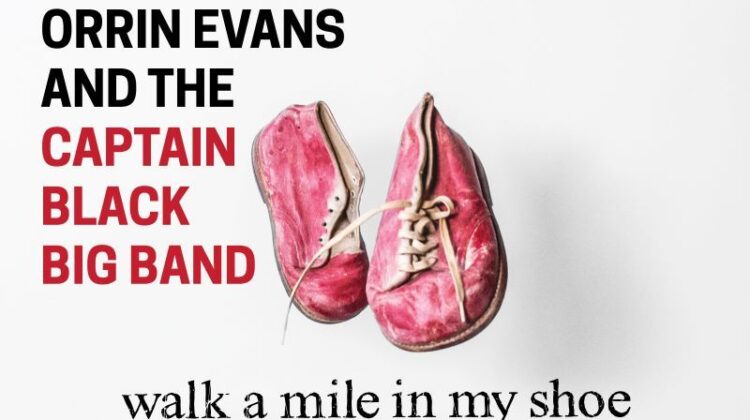That was seven years ago, before three critically acclaimed solo albums in Britain and extensive, innovative concerts of driving Latin salsa and progressive jazz on the London scene enabled Wilson to play on his terms rather than others’.
This time round, the UK pianist of Sierra Leonean ancestry was here with his quartet at the invite of the British Council to teach jazz master classes and, last Thursday night, to provide a rapt audience with a free concert that shook the foundations of Strange Fruit nightclub.
Wilson’s chord-hammering free improvisation combined with the virtuoso sax playing of the extraordinary Paul Booth lifted the audience to heights rarely seen for a jazz gig in this country.
In particular, their rendition of John Coltrane’s difficult tune Impressions was technically stirring, creatively imaginative and on the level of improvisation, exceptional.
For Kenneth Churchill, director of the British Council in Lebanon, it was somewhat of a coup. They had been trying to get Wilson here for three years.
“It has really been a success. It’s great collaborating with the Lebanese National Conservatoire to provide young students with a chance to learn from the best of British talent,” he said at the concert.
Indeed, this time the council certainly fulfilled its remit to present the Lebanese with a cutting edge musical group and build links between local musicians and UK talent.
Khaled Yassine, 22, a Lebanese percussionist who jammed with the group at the end of the concert and took part in the workshops, was convinced.
From Monday to Wednesday he was learning how to feel other musicians around him, how to act and react, under the instruction of Wilson’s drummer, the adept Rod Young.
“It’s intense,” he said. “It’s less technical for me and more about how to instinctively feel the other musicians.”
The rehearsal room in the Lebanese National Conservatoire was full at each class with students eager to soak up all the knowledge they could. For them and for Wilson and his band, it was a unique and positive experience.
“All the students are inquisitive and interested,” said Young. “They want to learn, which makes it a positive enriching experience for all of us.”
Wilson has been teaching them how to play in space. He directs all from the center of the room horns on one side, basses and guitars on another.
“That’s it! Feel the space between instruments, now break down, let each other breathe, now connect,” he is saying.
“It is a great initiative by the British Council to bring these guys here,” said Yassine. “I hope it continues because we need more of this in Lebanon.”
By his own description, Wilson is a “pianist who dabbles in bass.” He is a composer, a performer and producer and an “MCK or multi-culture kid,” having grown up in schools in Vienna and Austria, and played and recorded in Cuba and Lithuania.
“Although it’s taken three years to finally get it all right to come back to Lebanon, it has been worth the wait,” Wilson enthused. “It is nice to combine classes with a serious concert where we can show what we teach in practice, in performance.”
And what a performance! All four musicians, Wilson, Young, Booth and Tom Herbert on double bass, each have their own personality on stage and an explosive energy, linking with each other and the audience like live cables connecting, sparking together, then coming apart to erupt into electric solos.
“Music and performance is always about a transfer of energy for me,” Wilson explained.
The gig opened with a solo piece by Wilson, a textured jazz piece based on Colombian folk music, and was followed by another composition of his called Calitz which gave the whole band room to demonstrate their style and skill.
On Miles Davis’ Solar, though, we saw the kind of free, progressive jazz that lets the musicians journey to the sun and take us with them.
On Hamaton, named after a West African wind, the penultimate tune of the first set and another Wilson composition, we heard a Puerto Rican rhythm known as bomba.
Something fresh and fiery was taking place in the club, the place riveted and swayed to Wilson’s pronounced phrases, and Herbert’s potent, sonically satisfying bass.
Wilson built up to the release of the ritmo with poly-harmonies, dissonance, dissolving finally into the melody before giving it up to Booth’s passionate, exploratory tenor sax.
Wilson, reminiscent of Eddie Palmieri, and Booth injecting Coltrane into everything he played, left the audience gasping and fulfilled.
The second set opened with an experimental form of jazz reggae, and ended with a tune of Brazilian innovations mixed with contemporary styles, the baby of Booth’s current solo band Oxala.
The end saw the Alex Wilson Quartet promising to return to Lebanon and the students begging them to.

